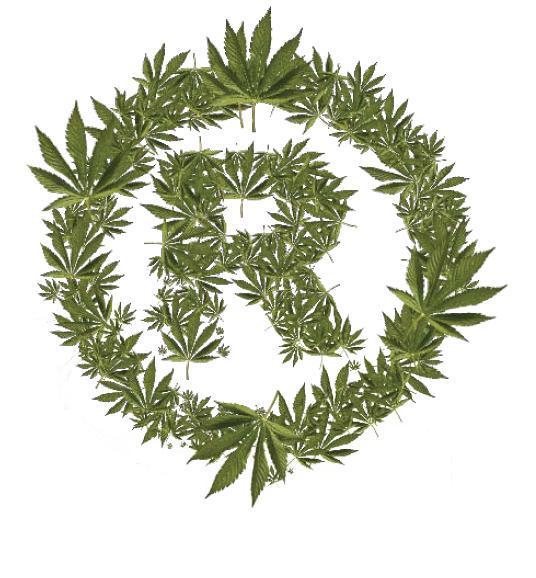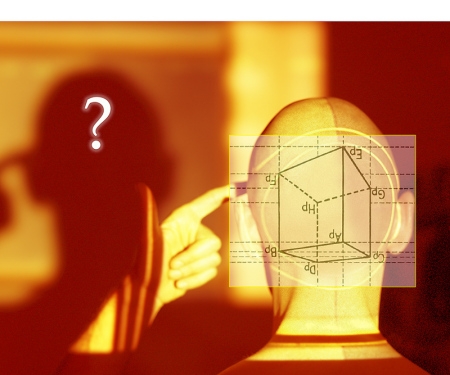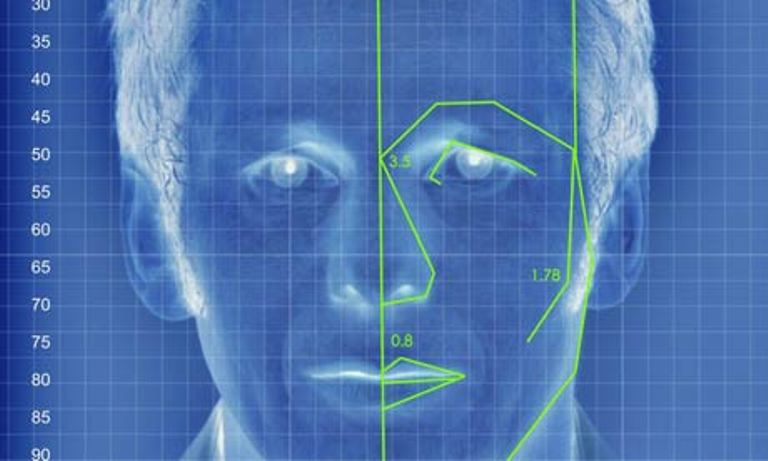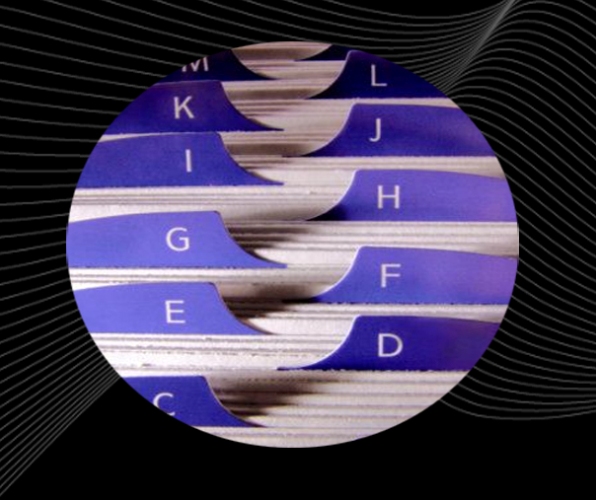Por: Giulio Cesare Zanetti
The Court of First Instance of the European Community by issuing Judgment No T-234/06 confronted the complex issue of validity of a community trademark, particularly regarding its descriptive nature. This case implies multiple juridical questions that show once again, if necessary, how the cases of violation of intellectual property rights are characterized by logics, juridical reasoning and own specific arguments of this sector.
A brief description of this case is as follows: The resolution for registration of “Cannabis” community trademark, obtained by Mr. G. Torresan on the 16th day of April 2003 was refuted by administrative action sued by the German company Klosterbraurerei Weissinhoe GmbH, who requested the nullity of the trademark for products under international classes 32 (beers) and 33 (alcoholic beverages except beers, such as wines, liquors, spirits and champagne) for the presumed descriptive nature of the such trademark. The Annulment Division as well as the Second Board of Appeal of the OHIM, Office for Harmonization in the Internal Market (trademarks and designs) of the European Union, welcomed the action sued by the German company, declaring the nullity of such trademark registration on March 9, 2005 and June 29, 2006, respectively. Mr. G. Torresan began an appeal against this decision before the Court of First Instance of the European Community.
The argument, almost the only one, on which decision of nullity for Cannabis trademark registration was based was its presumed descriptive nature, which incurs in the prohibition specified by article 7(1)(c) of Regulations EC No. 40/94. Such term indeed described some of the ingredients of certain drinks, among which beer is included.
Before a deeper study of the main aspects of this controversy, it is opportune to analyze the concept of the term “trademark descriptive nature”, by examining the cases in which a trademark can be defined as “descriptive” and therefore, be considered annulled.
Judgment contains a clear analysis of “trademark descriptive nature” concept, by defining the notion of such concept and providing practical application thereof.
Article 7(1)(c) of Regulations EC No 40/94 prohibits, indeed, the registration of trademarks which may serve, in trade, “to designate the kind, quality, quantity, intended purpose, value, geographical origin or the time of production of the goods or of rendering of the service, or other characteristics of the goods or service”.
As provided by a vast jurisprudence, a peculiar characteristic of the sector of trademarks is the fact that assessment of the descriptive, or less descriptive, nature of a trademark should not be made on the basis of the points of view of the control body or the judicial authority neither according to their knowledge, but according to the opinion of the average consumer of the reference sector. In other words, presumed perception and knowledge of the interested public with regard to the products or services for which trademark is used should be considered.
First of all, in this case, the Court had to have determined who should be considered as “an average consumer” of the products included in the trademark registration (that is to say, a consumer of beers, wines, liquors, spirits and champagne) and, therefore, it should discover either for such an hypothetical consumer, the trademark could be considered as a descriptive denomination, due to the presence of a sufficiently concrete and direct suitable nexus to make perceive such a denomination like a description of some or several characteristics of the product, in a promptly way and without great imagination efforts or encyclopedic searches.
It is believed that, in this specific case, the Court was unfortunately focused partially in these two analysis levels only and so, it issued a controversial decision. In the judgment, it is precisely indicated that, contrarily to the Plaintiff’s affirmations, the average consumer of the referred product is not who usually uses drugs and/or narcotics (as the denominative element of Cannabis trademark could make us think) but rather a person that appreciates beers and other alcoholic drinks, or who usually uses these beverages and therefore is a reasonably informed person. On the other hand, the judge did not carried out a sufficiently meticulous analysis of the real knowledge of this average consumer of alcoholic drinks.
The Court, after having found that there are three possible existing meanings of the term Cannabis (as a textile plant, as a narcotic substance prohibited in numerous countries and as a substance with therapeutic use which is presently object of scientific studies), focused only on the fact that canapé (or specifically the “cannabis”) is an ingredient used in numerous eatable preparations, such as pasta, bakery and confectionery products, tea, alcoholic beverages (including beers) and non-alcoholic beverages, etc. According to this reasoning, the Court welcomes therefore the arguments of the German company that sustained the invalidation of the Cannabis trademark, due to its descriptive character -in the specific case – of an ingredient of products sold with the same trademark.
In fact, the Court even having identified correctly the average consumer of the sector in this case, it has omitted to formulate a fundamental question: Does the drinker of beer and other typical alcoholic drinks of the European market who frequents parties, bars, taverns and pubs, being between 18 and 70 years old, average, really know the fact that canapa (or cannabis) is one of the ingredients of beer? And if, besides that, we considered the fact that a constant jurisprudence stipulates that this knowledge should be result of an automatic and immediate response, that is to say, without needing tomake neither searches nor investigations, then answer cannot be other but negative.
The judicial consequence is simple: if average consumer of the sector does not know that the term CANNABIS describes one of the ingredients of beer, then the trademark indeed cannot be considered descriptive. And the fact that this information is known by the judicial authorities, or the OHIM’s examiners, or the world expert nutritionists, does not affect the validity of the trademark, since no one of these fellows represents the reference public on which the validity of a trademark should be judged.
On the other hand, the only potential element of descriptive nature could be the fact that an average consumer of these products could be attracted by a similar trademark expectingto obtain from the referred beverages the same hallucinogenic sensations that those ones that he/she would obtain when consuming cannabis. This argument that is mentioned in the judgment in a brief and superficial way only is, in fact, much stronger and more commendable with respect to the supposed knowledge of ingredients of alcoholic beverages that the average consumer may presumably have. In other words, the trademark could be judged as “descriptive” and therefore declared “null”, if it could be proved that the average consumer buys the referred beverages expecting to obtain hallucinogenic effects from them. In such a case, the trademark would infringes article 7(1)(c) of Regulations EC No 40/94 that prohibits the registration of trademarks that may serve in the trade “to designate… the destination…” of the products or of the services included by the same trademark.
However, even in this case, the argument of the descriptive nature of the trademark could be also easily rejected, by demonstrating that in fact the beer “Cannabis” does not have equivalent effects to those ones from a drug or narcotic substance; and, consequently, the homonymous trademark could be annulled, not because of its descriptive nature, but because of its great deceiving sense toward the public who, when consuming the referred beer pretending to obtain hallucinogenic effects, it would suffer a disillusion… without having hallucinated.
In such case, the trademark registration could be rejected and cancelled by violation of article 7(1)(g) of Regulations EC Not 40/94, which prohibits, in fact, the registration of trademarks “that are of such characteristics that they may deceive the target public, for instance regarding the nature,the quality or the geographical origin of the product or of the service.”
Indeed, in this particular case, it is obvious that beer Cannabis does not contain any illegal substances nor in illegal amounts. To this respect, it would be useful to remember that community regulations stipulates in a precise and severe way the use of tetrahydrocannabinol (THC), an active compound of cannabis, providing that it must not exceed the maximum of 0.2%.
The Plaintiff noticed that, in fact, the trademark Cannabis was used merely like in the case of the well-known trademarks Opium and Coca-Cola, as reminiscent term capable to attract the consumer’s attention, provoking an idea of pleasure and relaxing state. If such argument had been presented and proven in a proper way, then a very different result of the case had been obtained. If, indeed, it had been proven that the average consumer of beers and alcoholic beverages does not buy the beer Cannabis expecting to be drugged nor hallucinated, neither knows the fact that cannabis is one of the beer ingredients, then the judge would not have been able to cancel the registration of the trademark neither for violation of paragraph (c) of article 7(1) of Regulations EC Not 40/94 that prohibits the registration of descriptive trademarks, nor for violation of paragraph (g) thereof that prohibits the registration of deceiving trademarks.
It is surprising that the German company, interested in the nullity of the trademark, has not made reference to any other juridical argument foreseen by the same article 7 of Regulations EC 40/94, as the paragraph (1)(f) that sanctions the violation to the prohibition of trademarks that contravenes the public order, the good customs or the morals. Being a community trademark, it would have been enough to prove that the term Cannabis should be considered adverse to the public order or to the morals, even in only one of the twenty-seven countries members of the European Union, because the same trademark would be annulled.
A simple logical reasoning would have provided the judge with a very strong and also decisive argument in order to prove the nullity of the trademark Cannabis, since this is a synonym of drug for the average consumer of some countries of the European Union. The drugs are illegal in some countries of the union, since these are adverse to the public order and to the morals.
So, trademark Cannabis is adverse to the public order or to the morals of some countries of the European Union and therefore it is null, on the basis of article 7(1)(f) of Regulations EC 40/94.
On this regard, it is pertinent to remember two key factors in order to understand correctly the judicial reason of the adversity to the public order and to the morals. First of all, with such regulations, the legislator should assure that ethical and moral standards of each country of the world, and in this case of the countries members of the union, be safeguarded and totally respected, without efforts imposed abroad. The authorities of a certain country can only determine which signs can be used, or not, as trademarks within its territories, according to the possible opposition to its internal moral canons. Likewise, the regulations refer only to the registration and use of distinctive signs as trademarks and they do not concern to the commercialization or to the sale of the products included by such trademarks.
Al this implies that no country shall be able to use the juridical argument of adversity to the public order and/or to the morals in order to impede or to cancel the registration of trademarks. For example, Claudio (a fictitious name) for atomic bombs or hard drugs, but such will be able to invoke these regulations in order to annul trademarks such as Bin- Laden, Bazooka or Marijuana, to designate clothing items, for example. In other words, the adversity to the public order and to the morals does not depend on the illicitness of the products sold with the trademarks in question, but on the trademarks indeed.














